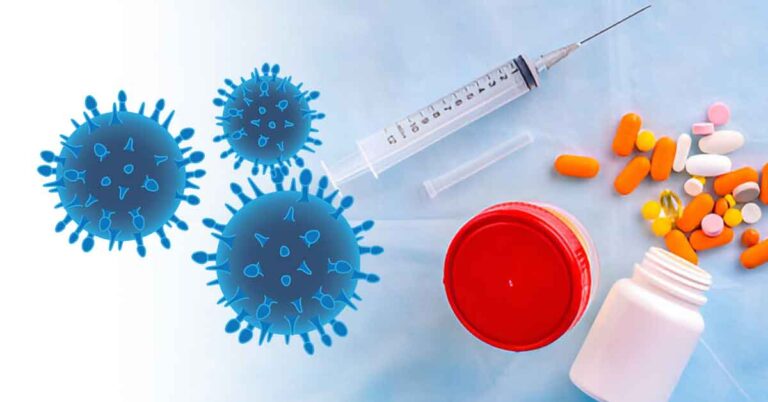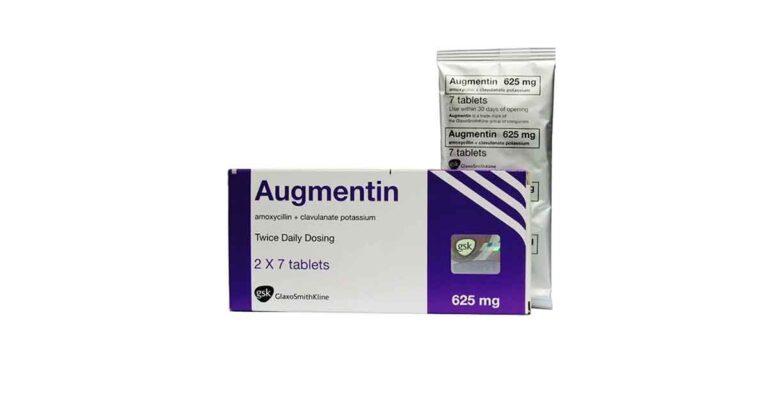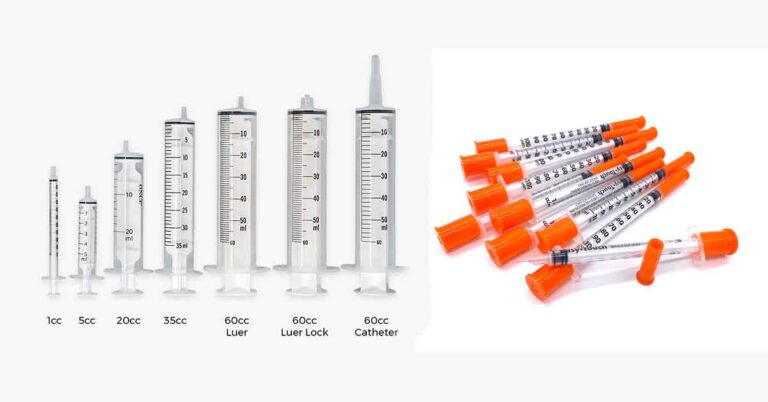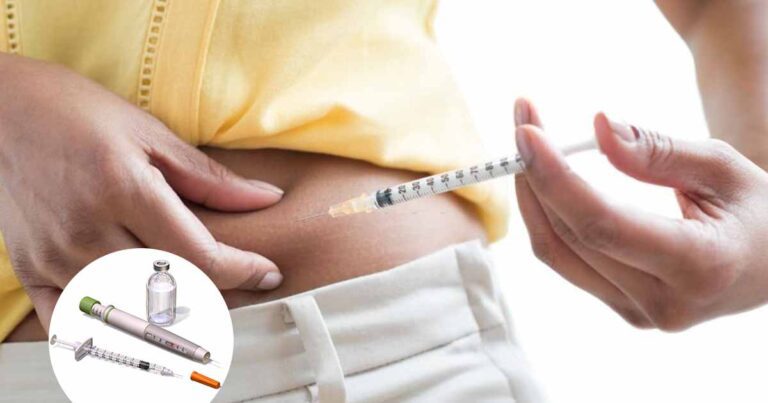Pre-Exposure Prophylaxis (PrEP) is a medication regimen for people who risk getting HIV infection either through sex or by injection drug use (needle, syringe sharing). Both PrEP and PEP are part of a larger HIV prevention strategies such as condom use, prompt treatment of infected persons.
If taken properly, this regimen will help to prevent HIV infection in the event of exposure.
Concern about PrEP is that it encourages riskier sexual behaviors in those taking the medications, increasing the risk of other sexually transmitted infections such as gonorrhea and chlamydia. Since these STIs are not treated by Pre-Exposure Prophylaxis (PrEP) regimen, it is better to practice safe sex such as the use of condom while taking these drugs.
Pre-Exposure Prophylaxis can lead to HIV drug resistance when the person taking it is already HIV-positive (when untested or undiagnosed before starting the medication). This means HIV testing must be done before starting the drug regimen.
You can Start PrEP if?
- You are an HIV-negative person in relationship with an HIV-positive partner, and having unprotected sex.
- When the partner does not know the HIV status, and is from a country with high HIV prevalence.
- If the person who shares needles, foil, cotton filters, syringes during injection drug use.
Drug Regimen in Pre-Exposure Prophylaxis (PrEP)
The drug regimen in PrEP involves:
- F/TDF (fixed drug combination Tenofovir 300 mg / Emtricitabine 200 mg) under the trade name, Truvada, one tablet daily for continuous PrEP. Those with renal impairment (eGFR < 60 mL/min) should avoid F/TDF.
- An alternative is F/TAF (fixed drug combination Tenofovir alafenamide 25 mg / Emtricitabine 200 mg), under the trade name Descovy, one tablet daily.
- Injectable PrEP: A long acting injectable cabotegravir (CAB LA), given once every 8 weeks, is effective. It can also come in form of tablet.
This is mostly a daily dosing regimen (every 24 hours, 7 days a week), and similar to the regimen used in Post-Exposure Prophylaxis (PEP).
Another method called, event based dosing is a planned dosing where the person takes 2 tablets of HIV PrEP in 2 to 24 hours before sexual contact. 1 tablet is taken 24 hours after the first tablet, while a tablet is taken daily till two days without any sexual contact.
Patients on PrEP regimen are advised to go for HIV testing after every three months.
Side Effects of PrEP Medications
Pre-Exposure Prophylaxis have minimal side effects in some people such as nausea, headache, diarrhea, and bloating. The medications may affect the bones and kidney. TDF may cause bone loss/osteopenia in people with high fracture risk.
F/TAF appears to be more favorable to the bones and kidney functions.
Drug Interaction
Do not take non-steroidal anti-inflammatory drugs (NSAIDs) such as diclofenac, ibuprofen, naproxen while on Pre-Exposure Prophylaxis. Also, the medications do not interact with alcohol or other recreational drugs.
Does PrEP affect Pregnancy?
Pre-Exposure Prophylaxis (PrEP) does not affect or prevent pregnancy. It can work with any contraceptive methods or hormonal contraceptives, sex hormones or nonprescription medications. It can be used during pregnancy, breastfeeding if there is HIV risk. This is because the levels of the drugs detected in breast milk is relatively low.
Does PrEP Prevent other Sexually Transmitted Infections?
Apart from HIV, PrEP does not prevent other sexually transmitted infections such as chlamydia, syphilis, herpes, chancroid, gonorrhea, and trichomoniasis.
Good use of barrier such as condom is an effective prevention against sexually transmitted infections.
How can I stop PrEP?
Experts recommend you can stop the PrEP after 28 days of last possible HIV exposure, and when you are not at any serious risk of contacting HIV infection. The person should further practice safe sex, avoid injection drug use.
It is important to note that an HIV-positive person who is consistently taking the medication and has a confirmed, sustained undetectable viral load cannot transmit the virus.
References:
- https://www.nhsinform.scot/hiv-prep-pre-exposure-prophylaxis/what-is-hiv-prep
- https://www.albertahealthservices.ca/assets/info/hp/srh/if-hp-srh-hiv-prep-guidelines.pdf
- https://hivinfo.nih.gov/understanding-hiv/fact-sheets/pre-exposure-prophylaxis-prep
- https://medlineplus.gov/hivprepandpep.html






